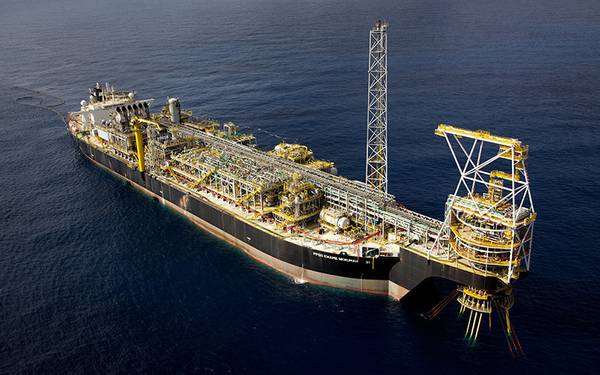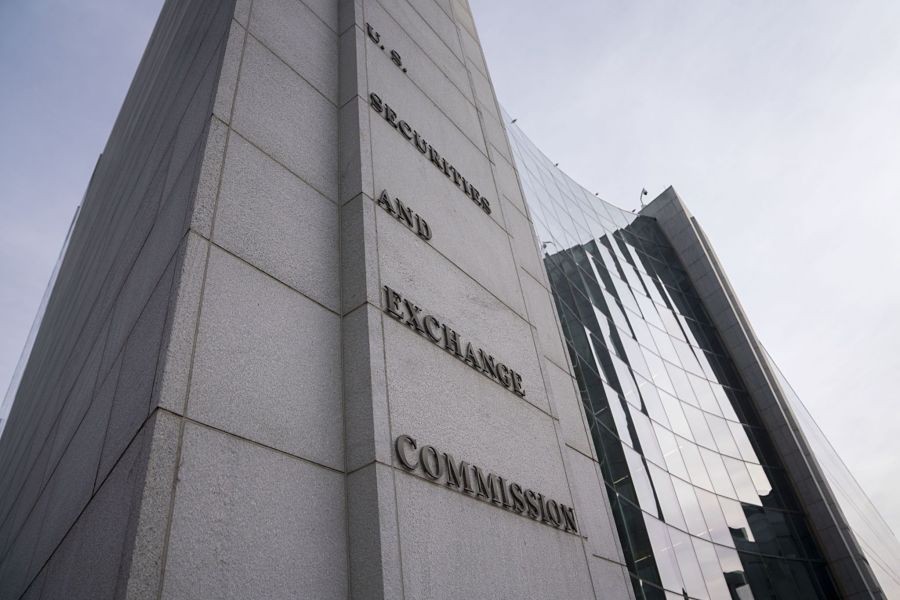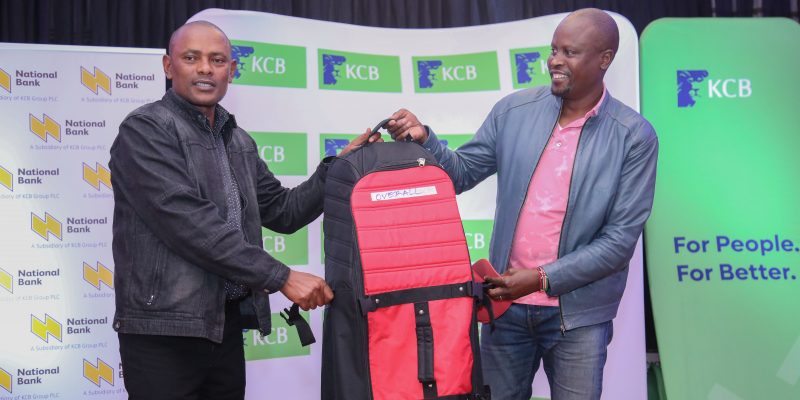Panoro Energy expects growth to continue this year, targeting 40% more production than 2023, despite problems around drilling in Equatorial Guinea.
Panoro is the junior partner in the joint venture anchored by the Ceiba and Okume projects. In the first week of February, operator Trident Energy terminated the rig contract for the Island Innovator rig.
The operator said it had taken the decision on safety grounds, citing concerns with the blowout preventer (BOP). Island Drilling, owner of the rig, has denied there were problems with the rig.
Panoro and partners had contracted the Island Innovator to drill three infill wells, to bolster production, and then drill a high-impact exploration well on the Akeng Deep structure.
Second quarter
Panoro CEO John Hamilton, speaking this morning on a conference call, said the partners expected to contract a rig for the work “notionally in the second half of the year”.
The partners “see a lot of remaining prospectivity” in Equatorial Guinea, he said. “We terminated the rig contract, it was not a decision easily taken but it was the right decision. It was endorsed by the joint venture partners and the government.”
The rig market has tightened since the partners signed up the Island Innovator, as Hamilton acknowledged.
“We are in direct contact, as a joint venture, with a number of parties. We’ve indicated the timing is uncertain but there’s a possibility in the late second quarter of having a rig at our disposal. It’s premature to say anything more.”
The Akeng Deep well, in Block S, is testing potential in the Albian reservoir. Panoro officials noted that the Albian was not proven in this part of West Africa and so was “reasonably risky”. Kosmos has given a 25% chance of success, but with a mean prospective resource of 180 million barrels, and proximity to infrastructure, all the parties are keen to make progress.
As the companies wait to bring another rig in, they are carrying out work around infrastructure and flow lines, Hamilton said.
Hamilton was presenting Panoro’s full-year results for 2023. Revenue was up 21% year on year at $228.9 million, while EBITDA was up 6% at $135.1mn.
The company averaged 8,471 bpd of oil in 2023, a new record. This year, the company expects to reach 11,000-13,000 bpd. Equatorial Guinea contributed around 3,612 bpd over the year, while Gabon provided 3,000 bpd.
Gabon
In addition to boosting Equatorial Guinea, Panoro also sees scope for growth in Gabon.
Operations at the Hibiscus field have suffered as a result of problems with electrical submersible pumps (ESPs). In late 2023, BW Energy, operator of the Dussafu Marine permit, launched an investigation into the pumps, removing two. Three conventional ESPs are due to be delivered shortly.
Panoro said the companies were making “good progress” on resolving the problems in Gabon. The companies’ Hibiscus South discovery should be coming online in March, only five months after discovery, Hamilton said.
“These are high-value barrels as the platform is already there, the cost of producing those barrels is extremely low.” The Hibiscus South find is “bigger than previously guided – significantly bigger”.
Further plans include a production well on the Ruche discovery, more workovers to tackle the ESP issues and another well on Hibiscus.
More exploration will come in the summer with drilling on the Bourdon prospect.
In 2023, Panoro’s capital expenditure was $67mn and it is targeting $75mn this year. Of that, 57% – or $42.75mn – it expects to spend in Equatorial Guinea.
Recommended for you

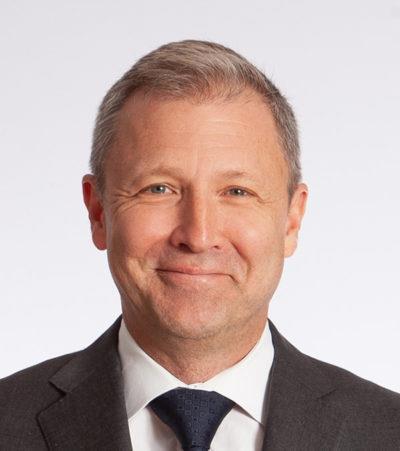
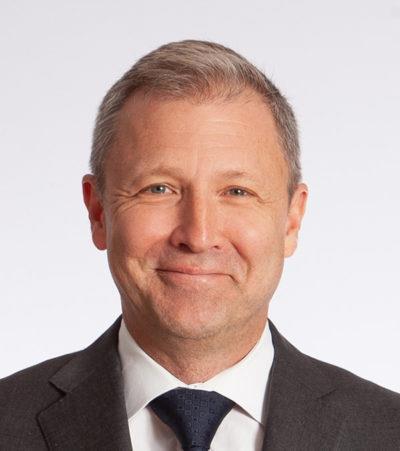 © Supplied by Panoro Energy
© Supplied by Panoro Energy